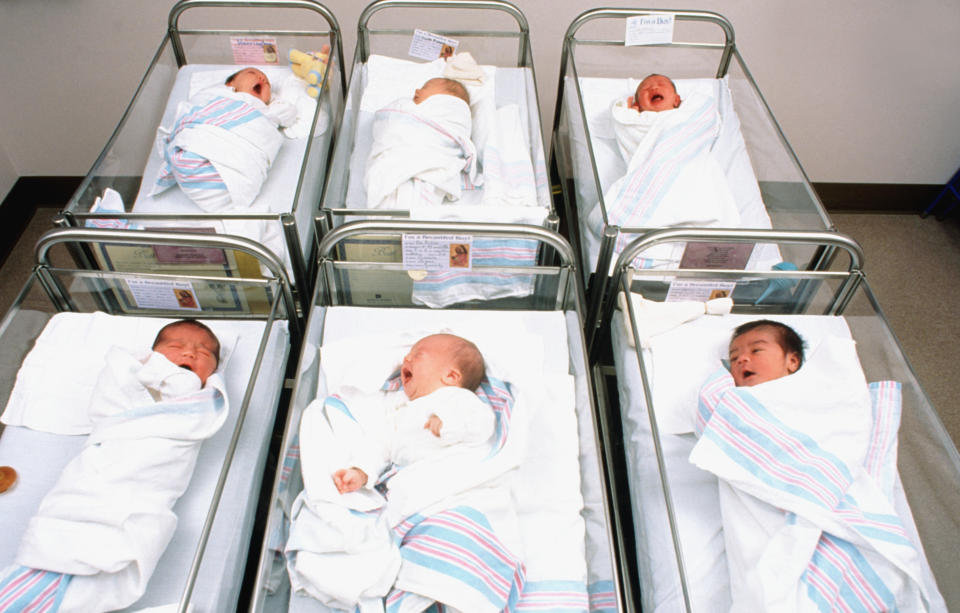Lower interest rates mean more babies, according to Bank of England

Central banks slash interest rates hoping to encourage lending, stimulate the economy, and increase inflation — but new Bank of England research suggests it may also hike up the birth rate.
The analysis indicates that for each 1% reduction in the bank’s benchmark interest rate birth rates rose by as much as 5% among UK households with adjustable-rate mortgages, which track the interest rate.
Overall, a 1% reduction in the benchmark rate increased the number of births in the UK by 2%, the researchers said.
Noting that central banks have a “limited understanding” of some of the broader effects of monetary policy, researchers Fergus Cumming and Lisa Dettling said they aimed to fill the knowledge gap by “examining whether monetary policy influences one of the most important decisions a family will make: whether or not to have a baby.”
READ MORE: Zoopla says lower house price growth is 'the new normal'
An additional 14,500 babies were born in the UK in 2009 after the Bank of England cut interest rates in the wake of the financial crisis, they said.
Cumming and Dettling contrasted the effect of lower interest rates in the UK with that of the US, noting that the UK managed to avoid a “baby bust” during the recession, while the US did not.
This could partly be explained, they said, by the preponderance of fixed-rate mortgages, which are much more common in the US.
Fixed-rate mortgages do not track the benchmark interest rate, meaning that lower interest rates were by and large not passed on to families.
READ MORE: Business confidence soars since Johnson victory
Typically, the birth rate falls during a recession as unemployment rises and families choose not to take on the increased economic burden of having more children.
The researchers concluded that, in the absence of the lower interest rates, the UK would also have experienced a “baby bust.”
Noting that even short-term fluctuations in the birth rate can have “important effects” on the economy, they said that families who move forward plans to have a baby “will also move forward any associated consumer spending.”

 Yahoo Finance
Yahoo Finance 
